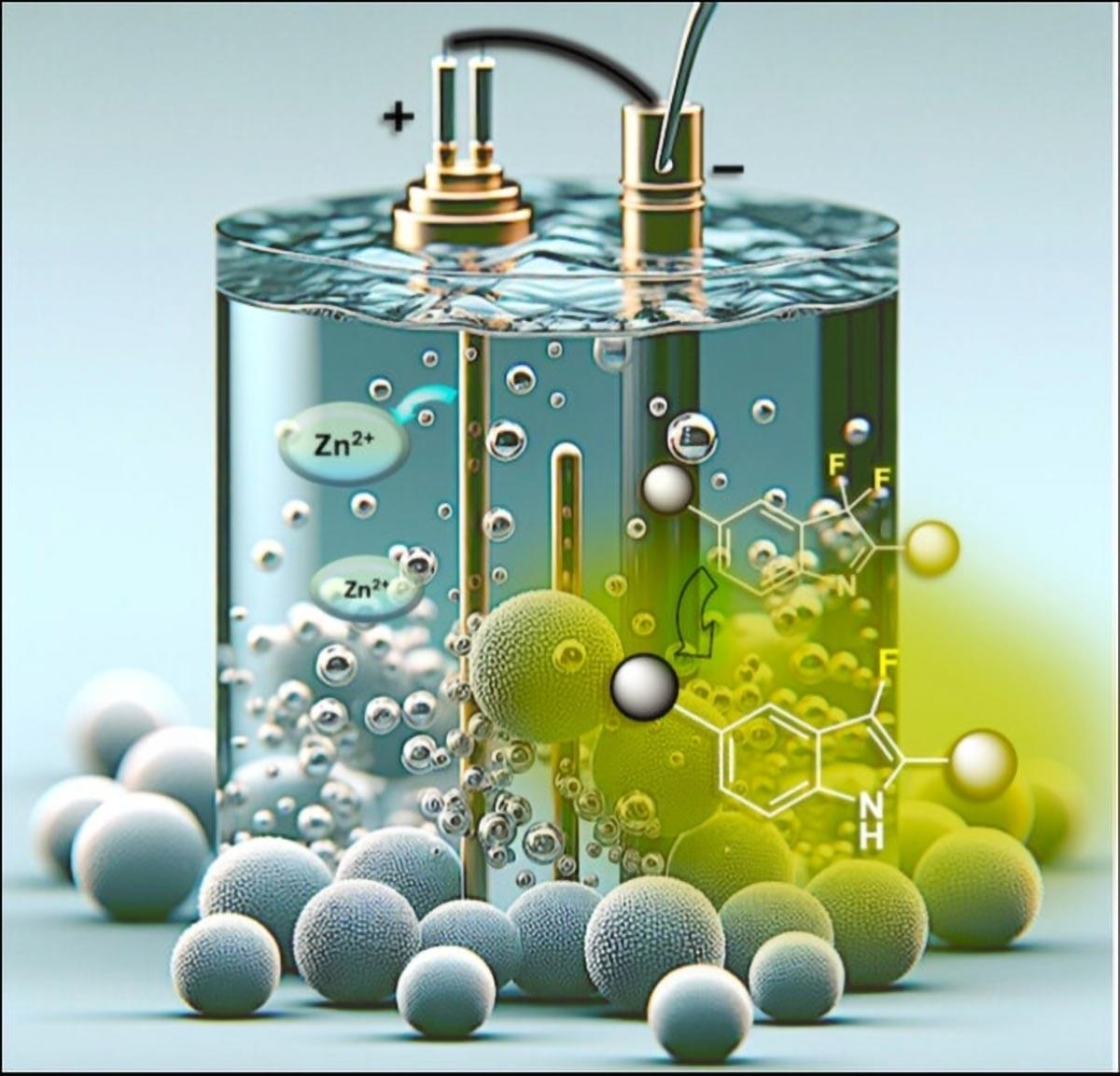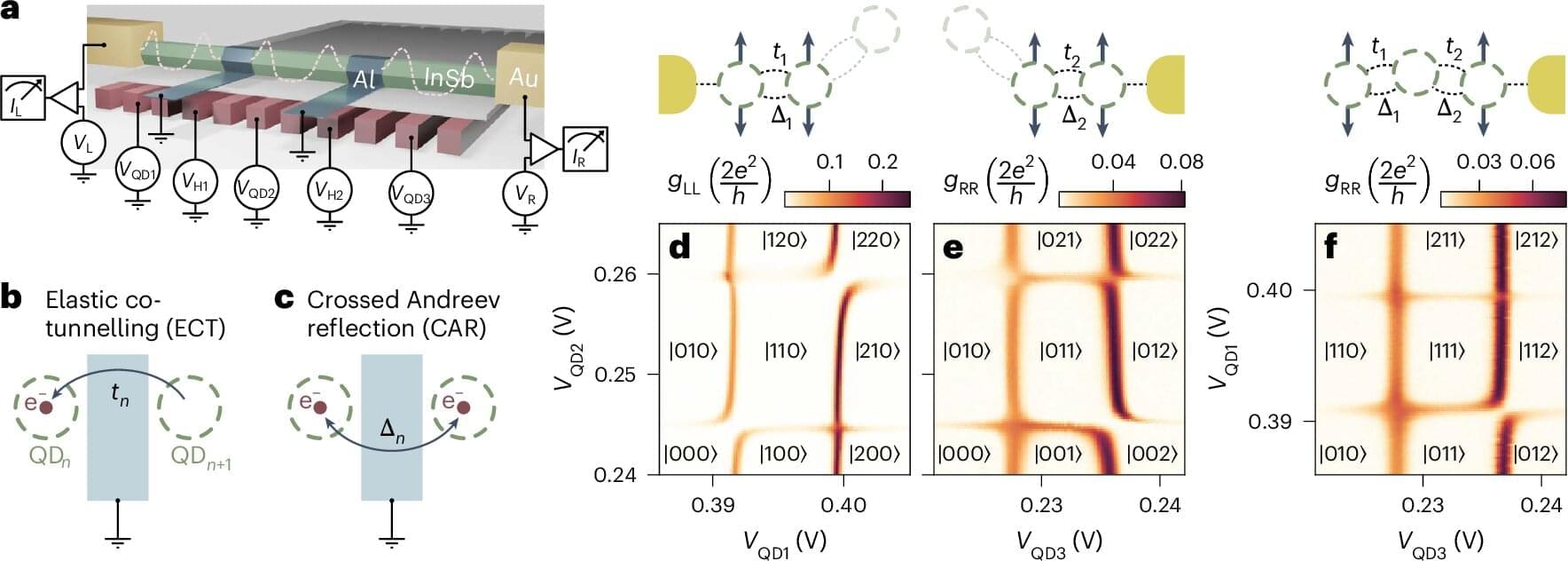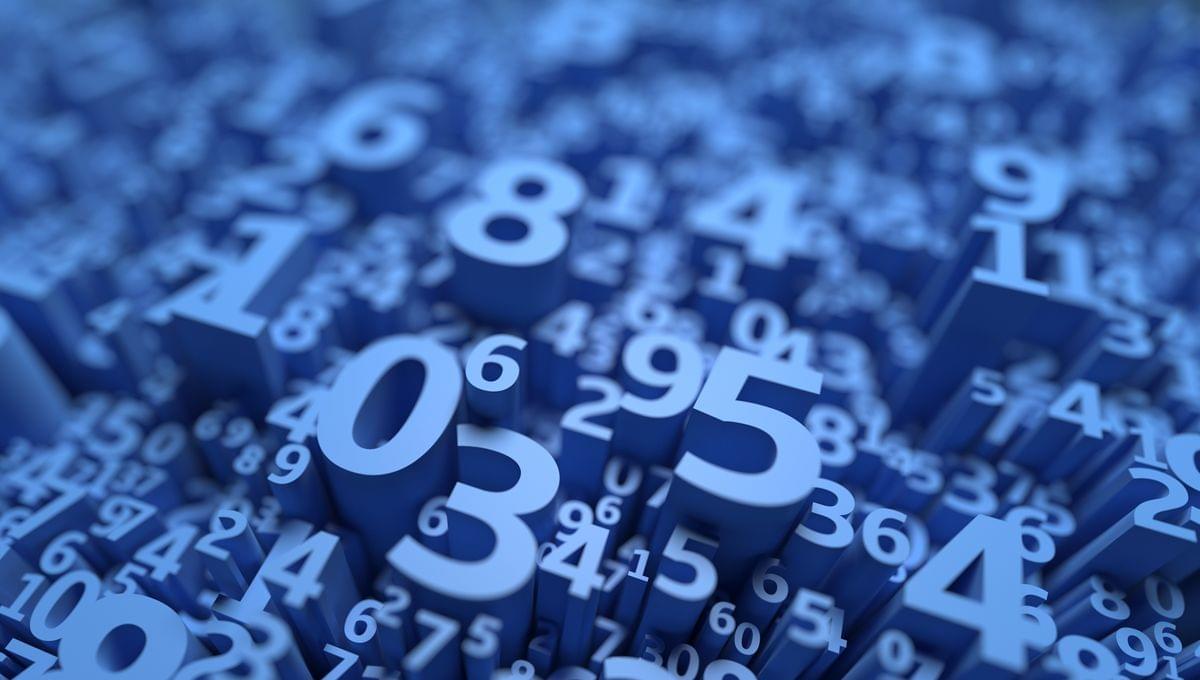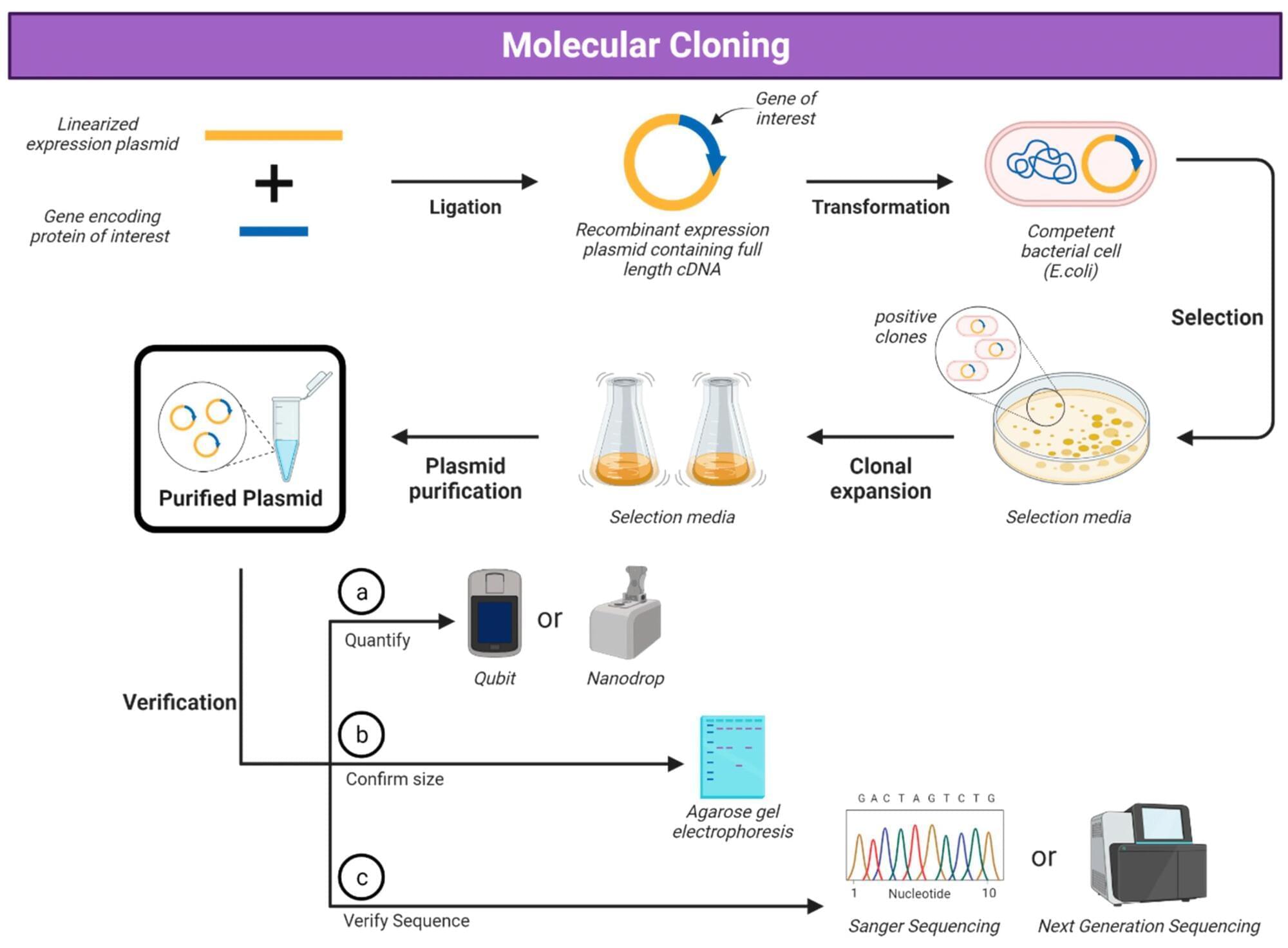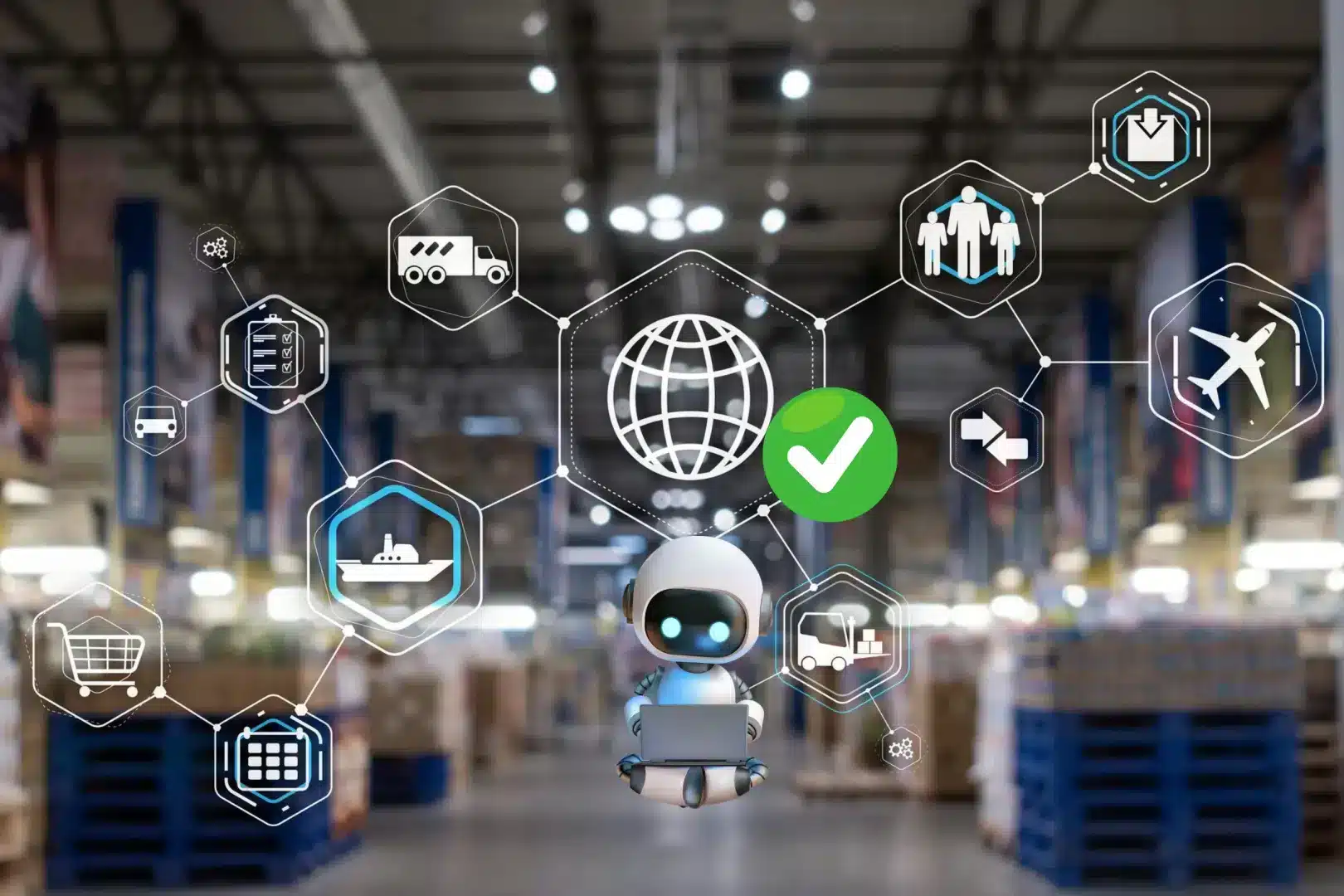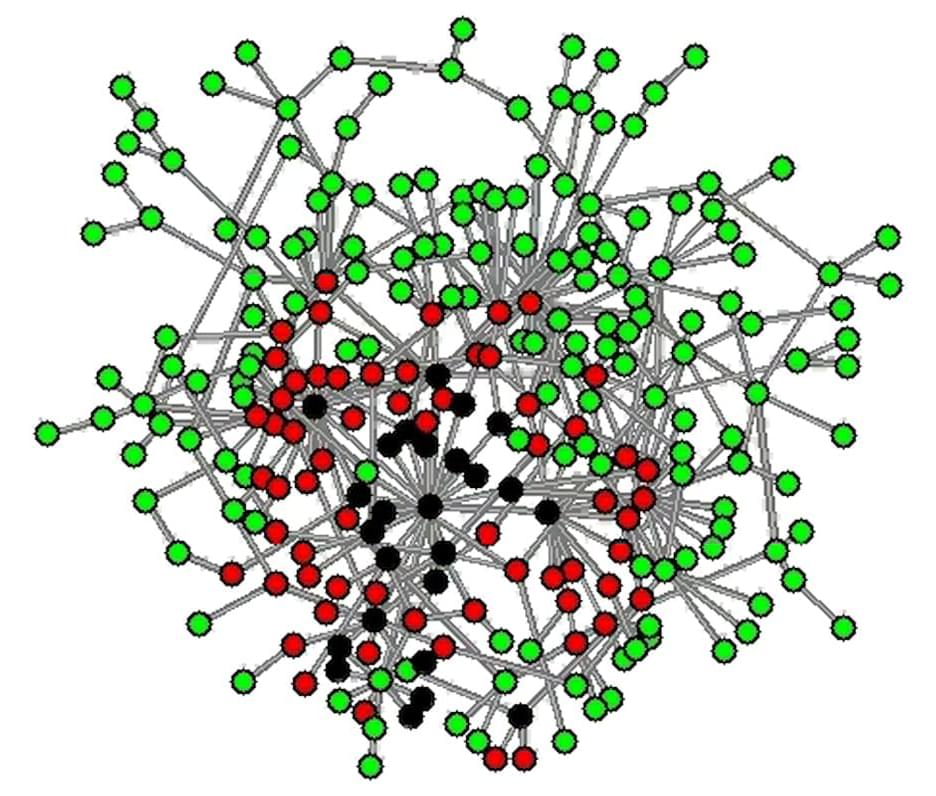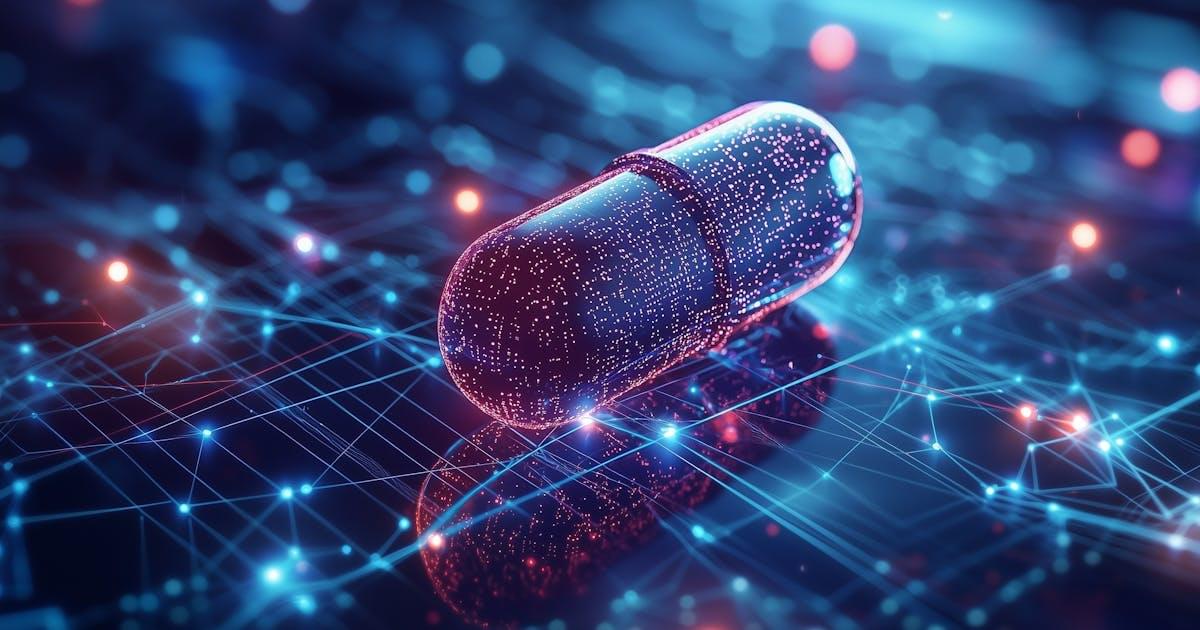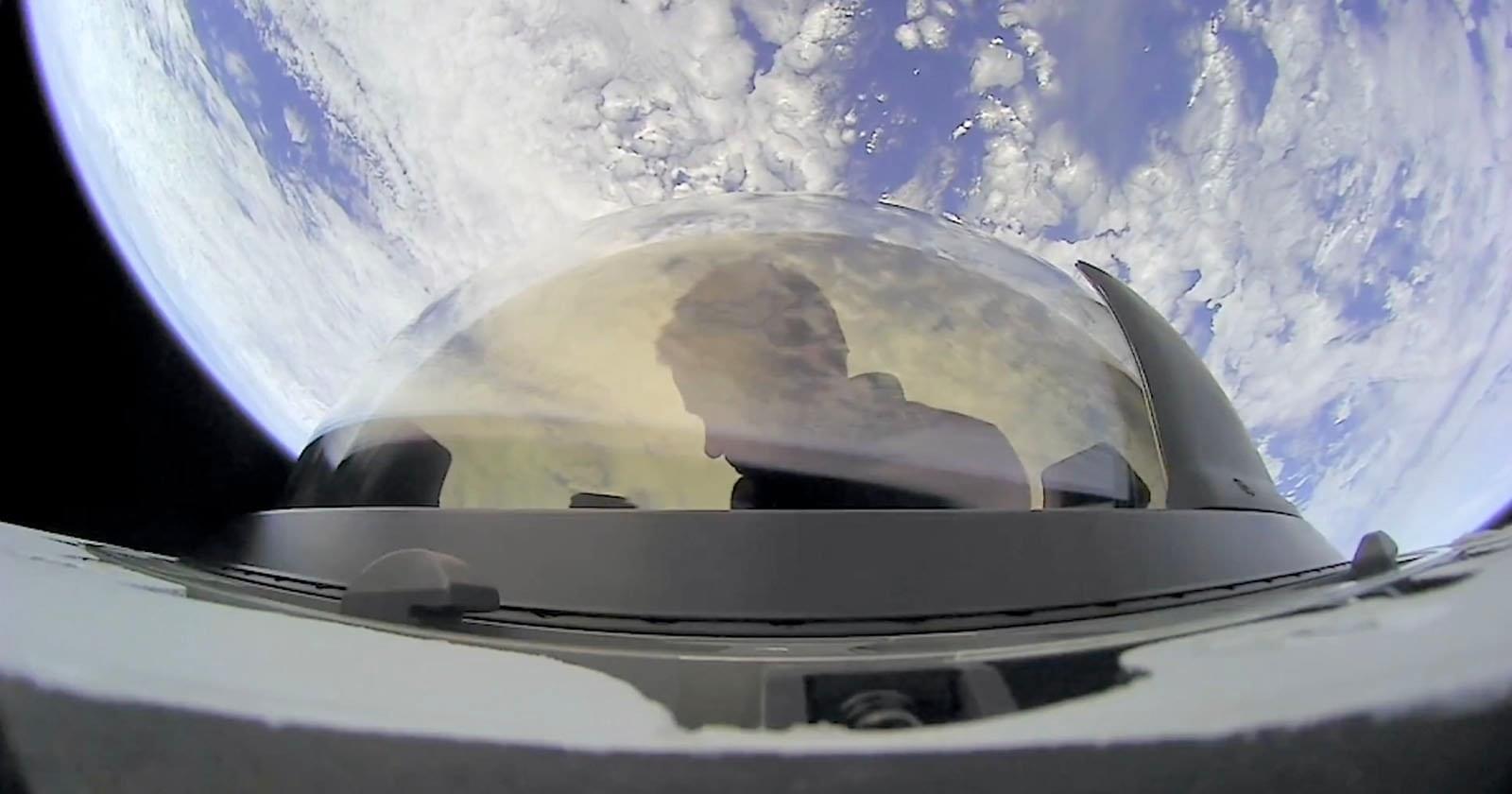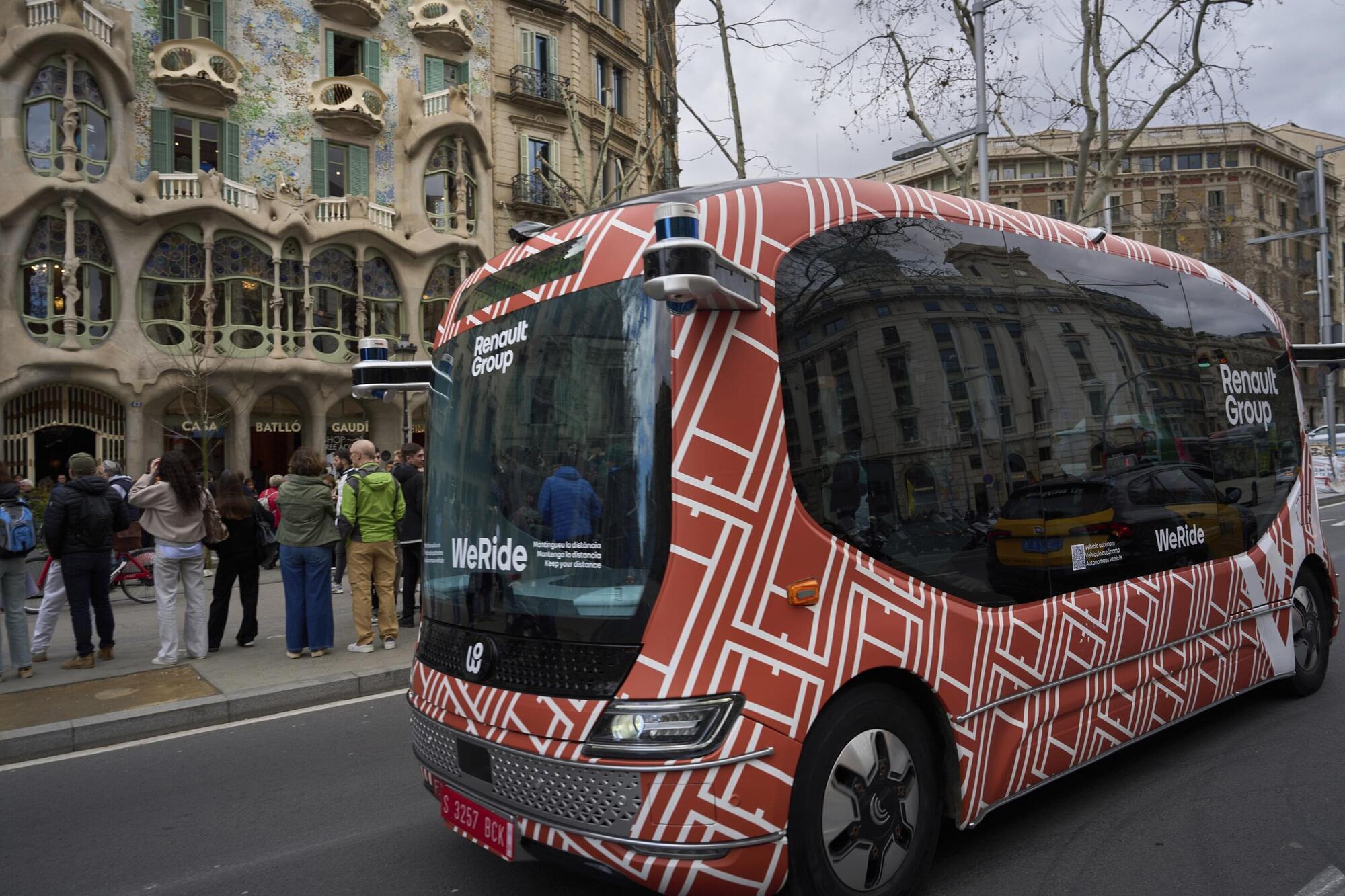Researchers at the University of Missouri, in collaboration with Novartis Pharmaceuticals, have developed a groundbreaking and environmentally friendly electrochemistry technique. This new method uses engineered “soapy” water, micelles made from natural amino acids and coconut oil, combined with electricity to drive chemical reactions in a safer, more sustainable way.
Unlike traditional electrochemical processes that rely on toxic solvents and electrolytes, this approach offers a non-toxic alternative. Led by Associate Professor Sachin Handa and graduate student Karanjeet Kaur, the team’s innovation could significantly reduce the cost of pharmaceutical manufacturing and advance clean energy technologies. It also shows promise in tackling environmental challenges, such as removing persistent “forever chemicals” like per-and polyfluoroalkyl substances (PFAS) from water.
These ball-shaped structures have two sides: one that mixes with water and the other that repels it. Their unique design allowed researchers to make electrochemical reactions more efficient by combining the traditional roles of solvents, electrolytes, and reaction boosters into one simple tool. Bonus: The reactions are highly efficient and selective.
